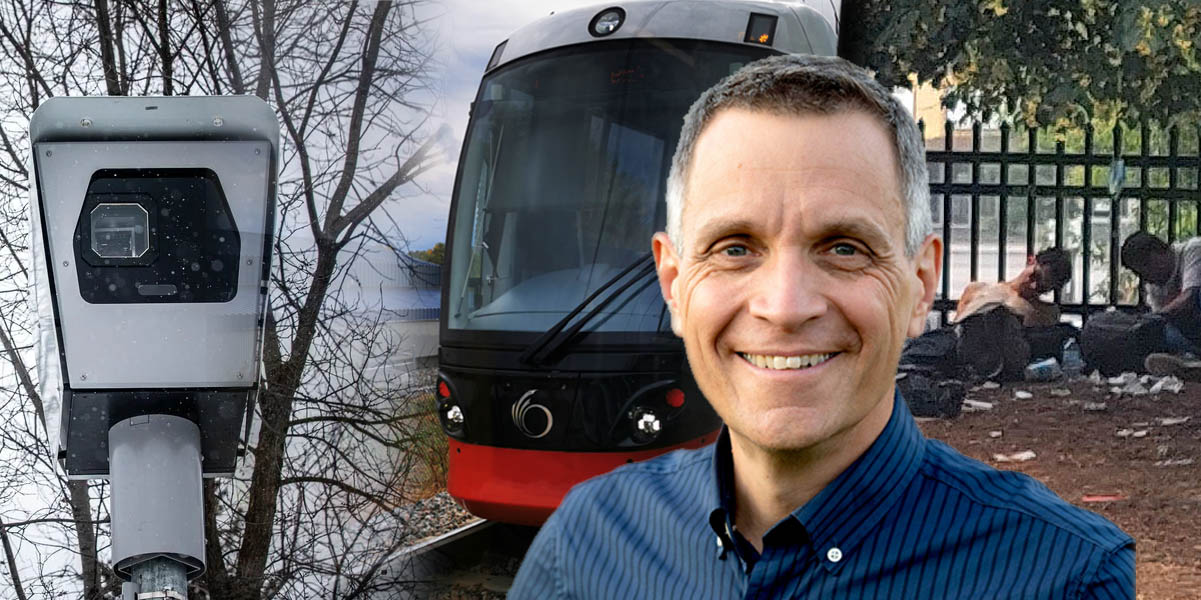
2023 Municipal Report Card: Civility Scored High Marks at the Expense of Results
It’s been one year since the self-described centrist Mark Sutcliffe, an outsider in the race, was elected mayor. Being removed from the mismanagement (think LRT boondoggle) and fractiousness of the Jim Watson-led 2018-2022 Council, the victory offered Sutcliffe a unique opportunity to reset local politics in Ottawa and provide a rudderless ship with a new and bold direction.
Sutcliffe’s win came during the same period the Ford government passed legislation that handed new strong mayor powers to several cities, including Ottawa, as a measure to cut gridlock and bureaucracy and to get things done. One of Sutcliffe’s first pronouncements was that he would never use the new powers because they were ‘undemocratic.’ It was an early sign that Sutcliffe was going to be more a manager than a visionary and bold mayor.
Mayor Sutcliffe has certainly brought more civility to City Hall, but other than a new tone, it doesn’t seem like much else has changed. Like Watson before him, Sutcliffe preached the value of fiscal restraint by keeping property taxes low. However, he’s generating revenue in other ways from cash-strapped taxpayers. Council has tripled camera speed traps on major roads. In 2021, the city earned $2.5 million from the cameras. Under Sutcliffe, it rose to $11 million, which will grow further to $66.1 million in 2024. While the inner-city councillors applaud the move in the name of safer streets, the average taxpayer can’t help but see it for what it is — a cash grab.
The mayor has repeatedly stated that his family regularly uses OC Transpo. His speeches at Council would have you believe that the service is improving when the opposite is true; the LRT continues to battle problems and has had several significant shutdowns since his election. The O-Train is known across the region as the NO-Train by riders as they continue to be forced away from the dysfunctional public system into cars. Despite this, transit fares will rise in the new year. To make matters worse, Sutcliffe and Council decided to invest heavily in an electronic bus program, something Transit Commission member Councillor Wilson Lo described as a bad idea due to lack of extensive testing. The City of Edmonton invested over $100 million in 2020 in a plan to procure 60 electric buses, each costing over $1 million. Half of the fleet is now plagued by mechanical issues, battery problems, and missing parts, rendering them out of service. Apparently, they don’t work well in cold weather. And the company that made them went bankrupt.
Ottawa’s homeless problem has worsened in the past year. The ByWard Market and Lowertown are increasingly volatile, with daily business break-ins and occurrences of theft. Parts of the area could be mistaken as a set for the Walking Dead. Just go to the corner of Murray and King Edward. It’s a national disgrace — a scaled-down version of Vancouver’s East Side. There is no sense of urgency in dealing with the real problem, which is a massive drug addiction and mental health crisis fed by the drug trade. Incredibly, the new ByWard Ottawa Police Service (OPS) “station” that Sutcliffe campaigned on will not be accessible to the public.
The OPS is no better under the governance of Mayor Sutcliffe. Councillor Cathy Curry was made vice-chair of the Ottawa Police Services Board and rammed through an anti-democratic motion quashing public delegations, something she clearly despised, telling an activist and the general public to email her office instead. We all know how well that works! In 2021, public delegations were extensive, and the budget was widely opposed, yet the OPS budget continues to increase year after year without much public input. Ironically, crime in the market rises with every increase in the OPS budget.
Disappointingly, Mayor Sutcliffe has proven to be more manager than mayor. He seems to have no sense of urgency about anything. Ottawa has a drug addiction and homelessness crisis in the market, a housing crisis, ongoing transit chaos, new immigrants to the city using recreational facilities as shelters, increasing bureaucracy at city hall and an overall approach to governing the city that could be described as que sera sera. It’s like Watson never left. Except for the civility part.









